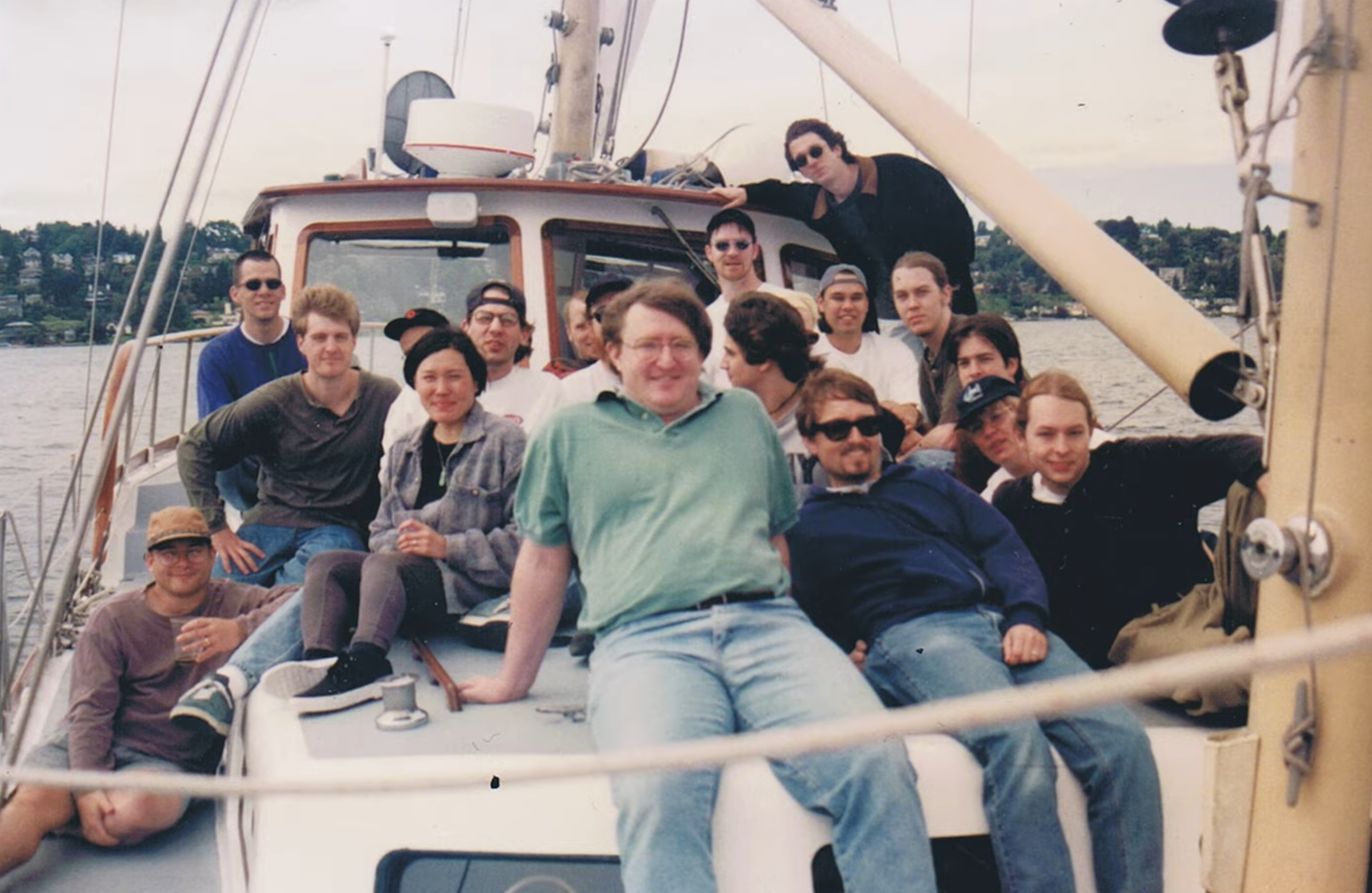One of the most interesting GDC conversations this year was presented by Monica Herrington, the founding member of the Valve and the first chief marketing officer of the company, who went on with the company that brought us half a life and steam.
Herrington’s career and memories have a lot, but a notable story on which the PC gamer also followed it was included in the company’s early years, Herrington gave some money to his nephew: and then found out what he had done to him.
“At that time, consumer -level piracy was becoming a real problem,” Herrington said during his conversation. “My own nephew had just used a $ 500 check that I sent him for school expenses and made a copy of the CD room, so he sent me a beautiful thanks note that he must have said how happy he was to copy and share the games with his friends.
“I knew that he was not a bad child, but besides the change in this generation, there would be a new duplicate technology. They all endangered our entire business model.”
Herrington valve was high towards business and marketing and at that time most of PC titles, including Half Life, were distributed as CD rooms. In the form of consoles like PlayStation, he had his own proprietary rotation, which included a copy protection, but the PC was not equal to it.
Herrington said, “Because of my nephew, we imposed a verification scheme.” “Customers had to verify and register their copy directly with the valve. Soon the gamers were flooding in the message boards, and they were saying, ‘The game does not work.’
“And Mike (Herrington, co -founder of the valve) stressed and called everyone whom he could complain.

Talking to PC Gamer’s Ted Lichfield after his conversation, Herrington added, “This is funny because Mike and I remember this differently. Of course, in my mind, once I realized (about my nephew), I was as if we needed a verification system.
“So I remember this way: Mike thinks we are going to do this anyway. But I was definitely talking to everyone about it and doing a lot of work about it.” “Your initial reaction, you know, saying to my nephew, ‘What are you thinking?’ But what I realized is, honestly, he didn’t see anything wrong in it.
“He was 19 years old. He was not thinking about companies, business models or such things. He was not thinking about intellectual property. He later apologized for his deep apology, and I said, ‘Oh my God, you don’t know how valuable it is.”
Herrington’s nephew had already paid his repentance and, allowing two people to prefer the valve in the early days because of various memories, as one of the first Domino to fall into its creation, can now be seen that most people play with PC Games with PC Games).
Herrington ended, “I remember like this! And I thought about it for 25 years.” “And then after I told the story, Mike commented on the verification scheme, and I just realized well, of course, of course. I thought about it. Often these many things keep going… in the type of olive.”
There is more than Herrington’s conversation and interview on the PC gamer. Although one of the most important things initially is that the company is reminded of a bad deal with Sierra, in which the valve was threatened that if it could not regain half -life rights, it was threatened to completely remove the gaming business. “This was not a useless threat,” says Herrington. “We were not taking all the risk to make other people rich.”
